Stepping into the Palacio de los Deportes in Mexico City last year for the first Wicked premiere, I remember the arena transforming into the “Enchanted City,” emerald lights washing over the crowd, a yellow carpet, and fans waiting hours just to be part of the moment as the stars of the film appeared.
It really did feel like thousands showed up, but the part that stayed with me wasn’t the turnout — it was the energy in the room. People were screaming, singing, fully dressed in their Wicked looks. That’s when it clicked for me that Wicked isn’t just a hit in Latin America. People here hold the story with real, emotional intensity.
So when the new screenings for Wicked: For Good arrived in Miami and New York City this past week, it didn’t surprise me to see something deeper: Latine fans weren’t just showing up; they were performing fandom, creating looks, filming TikToks, turning up for each other, and giving this movie a little extra sparkle.
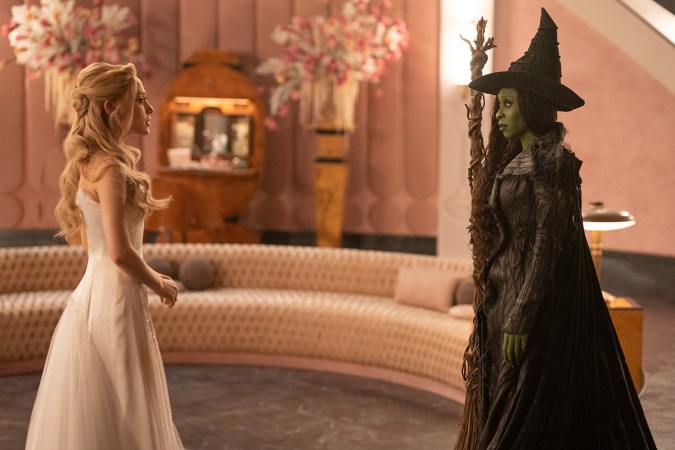
And the numbers from the first film prove that energy began early. Wicked’s run across Latin America last year was strong: Mexico opened with about US $10.2M, Brazil with $4.47M, and countries like Argentina, Colombia, and Peru each pulled in around or over a million during their opening frames. These aren’t side markets. They’re the film’s core pillars of international momentum.
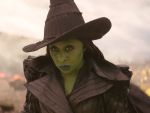
In the U.S., Latine audiences also made a noticeable impact. Exit polling showed that 21% of opening-weekend moviegoers were Latine, making them the largest group among non-white audiences. For a musical, that’s significant. And for a franchise still unfolding, it signals that this story resonates across languages and cultures.
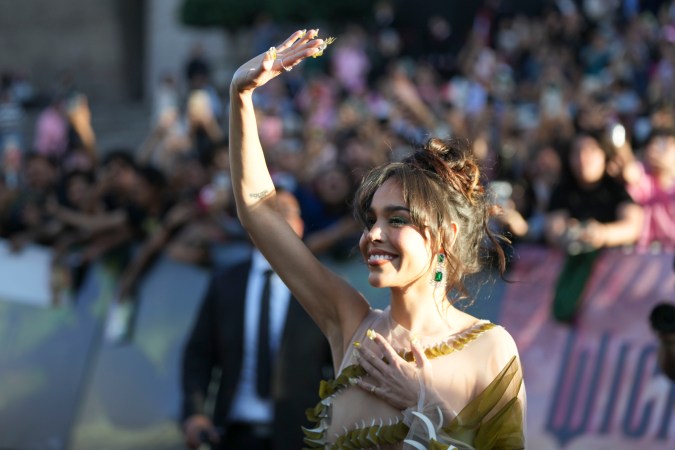
But numbers don’t explain why. And the “why” is the part that feels especially meaningful this year.
Our community has been moving through a heavy year — the kind that makes joy feel like something you have to actively protect. Most of us know that tension well. And maybe that’s why Wicked hits differently right now. It’s a story about survival and softness, about the price of being different, and the pressure to assimilate. From Glinda to Elphaba’s character arcs, there’s a real reflection there of the duality so many Latine people learn to navigate.

At the Miami screening of Wicked: For Good, creator Darlene Abreu put it: “The story is empowering… most of us in the Latin community can relate to that breakthrough at the end. It gives you a sense of freedom.”
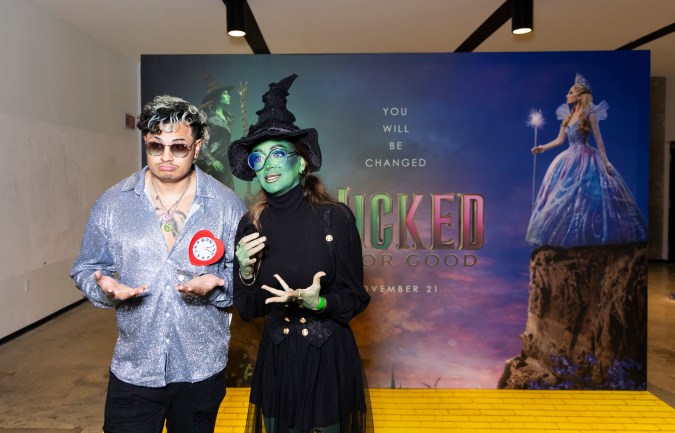
Elphaba’s journey — to be seen, to be understood — clearly lives in people. As does Glinda’s journey, one that mirrors the pressure many of us have felt to be likable, palatable, easy to love.
And then there’s the truth that Latines love a musical number. We’re a rhythmic people—a people of salsa, banda, pop, bomba, boleros, bachata. Give us a moment to sing, a big emotional crescendo, we’ll meet you there. Wicked gives that in abundance, and fans across Latin America have been making it their own for years.
That spirit shows up online just as vividly. On TikTok, scroll for a few minutes and you’ll find hundreds, if not thousands of, Latine fans posting Glinda-to-Elphaba makeup transitions and Oz-inspired manicures. It’s playful, expressive, and turns Wicked‘s aesthetic into unmistakably ours.
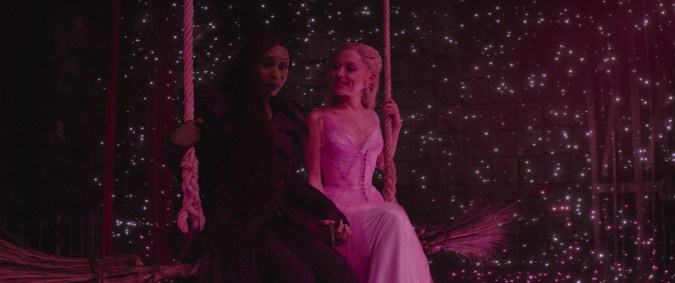
And when you connect that creativity to the film’s themes — identity, difference, friendship, girlhood, power — it becomes clearer why Latin America has embraced Wicked for years. The fandom isn’t new; the films are just giving it a larger, more visible stage.
What I saw in Mexico City and what I’m now seeing in Miami and New York City feel like parts of the same heartbeat: fans who don’t just watch a story but claim it; fans who turn premieres into celebrations; fans who bring their own sparkle, their own references, their own culture into the world of Oz.
As the second film approaches, there’s no question our community will keep showing up— in green or pink, in glam, in all the ways we express joy. Because when a story resonates with us, we don’t just support it; we live it. We elevate it. We create around it. And in the case of Wicked, Latine fans have helped turn a beloved musical into a cultural moment across countries, languages, and generations.
Wicked: For Good hits theaters November 21, 2025.
